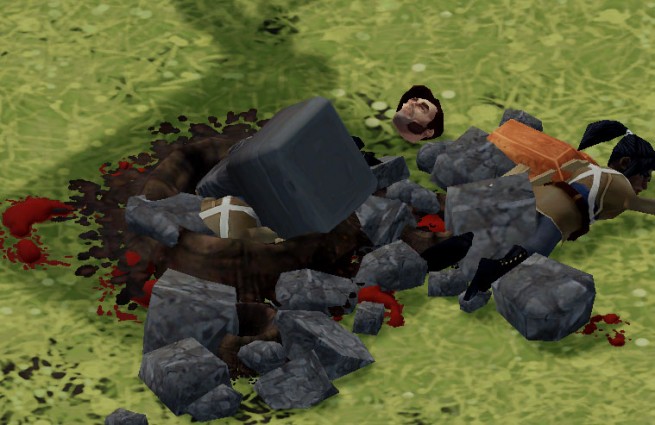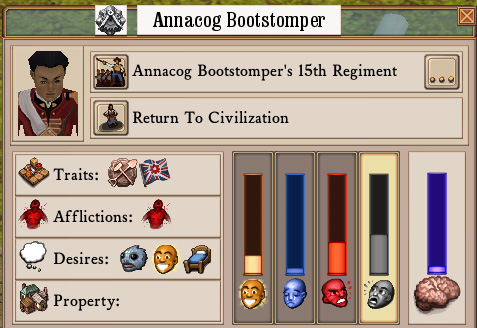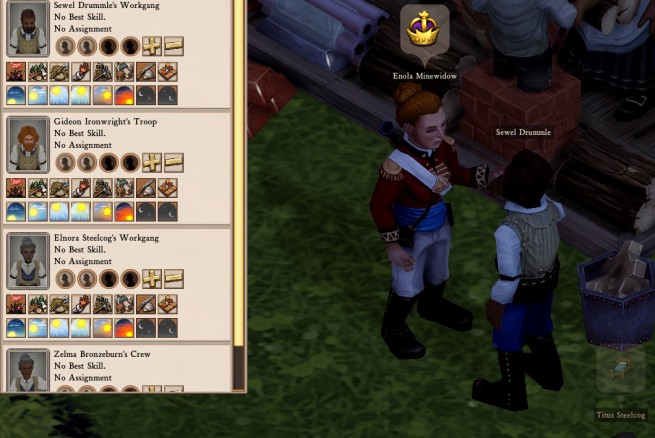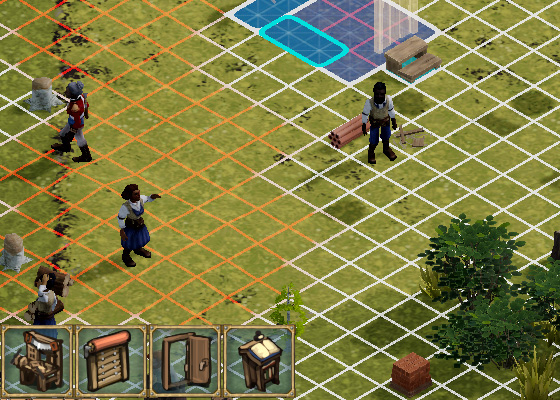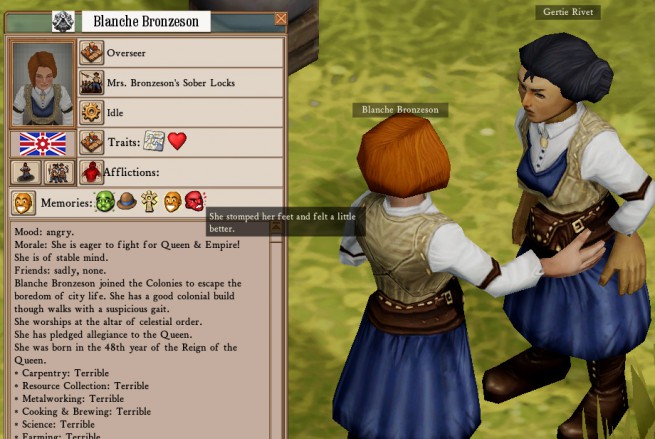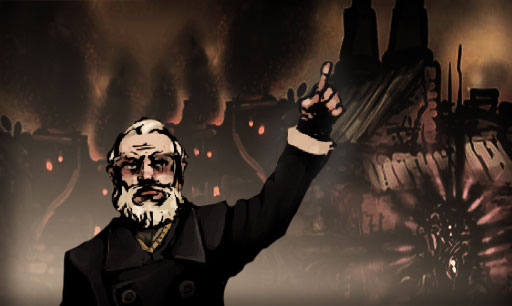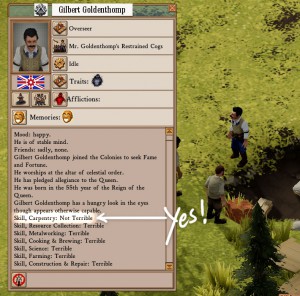Our event framework has been in need of enhancement for a while. It is a fantastic framework, but as we add more content we realized that there are a few things we are using it for that are better implemented using some additional systems. Specifically, how players are allowed to interact with different factions and giving the player tools to change their standing with those factions. We wanted to give players a physical control point for all of this (rather than having to use randomly timed events as a control point) so we’ve implemented the Foreign Office.
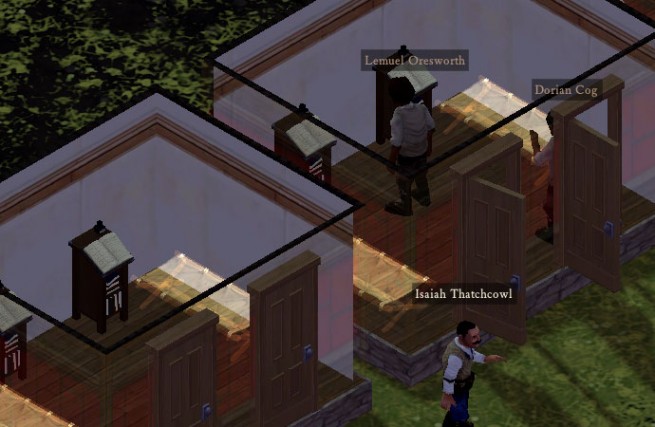
From a 3x Foreign Office diplo rush attempt: installing cots for more efficient bureaucracy crunch-time.
The Foreign Office is where the player can actually change how other (human) factions feel about them by employing work crews who toil away filling out forms for various requisitions, award applications, and bureaucratic minutiae in order to generate large enough volumes of paperwork to complete diplomatic missions. Just like in real life. With the Bandits, this might be requesting/forging official papers, intercepting trade convoy information and giving it to them in exchange for improved standing, or setting up an uneasy truce. For dealing with the Empire, we already have the prestige system which was intended to be used like this in the first place, so we’re pushing the prestige/favour content into one filing cabinet of the Foreign Office.

